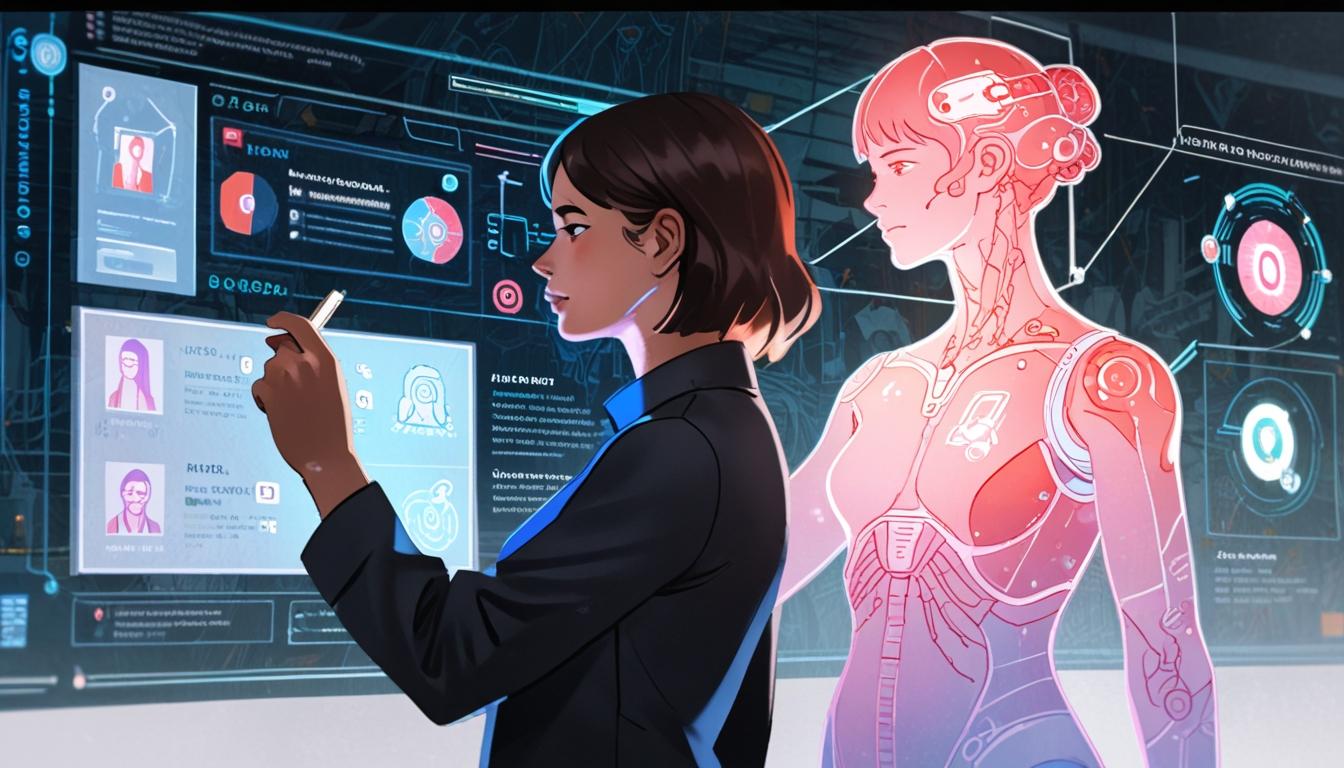In the rapidly evolving landscape of workplace skills, proficiency in generative artificial intelligence (AI) tools has emerged as a critical competency for employees across various industries in 2025. The "Times Square Chronicles" reports that AI literacy has transitioned from a desirable asset to an urgent requirement, comparable to the adoption of email in earlier decades.
Historically, mastering software like Excel and its functions, such as pivot tables, was considered a significant advantage. However, the adoption of generative AI now defines operational efficiency and innovation. According to the publication, companies integrating AI into functions ranging from customer support to project management are observing that employees unfamiliar with these technologies risk obsolescence akin to outdated technology like fax machines.
A prominent example highlighted is Uber, where the chief executive officer has expressed concern over the insufficient use of AI tools among staff. In response, the company has initiated internal programmes aimed at upskilling its workforce to better leverage AI capabilities. This development underscores that even companies inherently based on algorithmic operations recognise the need for continuous AI education.
Beyond the technology sector, diverse organisations including retail chains, law firms, marketing agencies, and governmental bodies are launching targeted crash courses to enhance AI competencies among employees. These initiatives address a broad spectrum of skills from data analysis to automating workflow processes. The publication stresses that AI literacy not only aids in workforce survival but contributes to increased speed, creativity, and overall value in job performance. Those adept at AI are reportedly capable of automating routine tasks, accelerating decision-making, and crafting smarter queries for AI tools such as ChatGPT, resulting in more precise and actionable outputs.
The essence of AI literacy, as described, extends beyond mastering prompt engineering; it encompasses a fundamental understanding of how generative AI functions, an awareness of when AI outputs may be inaccurate—a phenomenon sometimes referred to as "hallucination"—and the ability to critically evaluate AI responses. This knowledge is crucial for employees to effectively collaborate with AI technologies as part of their daily work.
Organisations that prioritise cultivating AI fluency among their teams are not merely safeguarding their operations against future disruptions but are also enhancing their competitive advantage. For instance, marketing departments with AI skills can rapidly produce multiple high-quality campaign options, while human resources divisions can efficiently generate job descriptions and match candidates using AI tools. When these improvements are applied across various departments, they contribute to overall organisational agility, intelligence, and cost efficiency.
The "Times Square Chronicles" thus portrays AI literacy as an indispensable element of contemporary professional development, signalling a shift in workforce expectations and corporate strategies in the age of artificial intelligence.
Source: Noah Wire Services
